Interviews with Experts
10 Essential Components to Enhance Soil Fertility for Your Fruit Trees
You might not realize it, but the key to thriving fruit trees might just be lying right beneath your feet. By incorporating these 10 essential components into your soil, you can significantly enhance the fertility and health of your fruit trees, leading to improved yields and overall plant vigor.
From composting to foliar feeding, each component plays a crucial role in creating an optimal environment for your fruit trees to flourish. But how exactly do these components work, and what specific benefits do they offer?
Stay tuned to uncover the secrets to transforming your soil into a thriving ecosystem for your fruit trees.
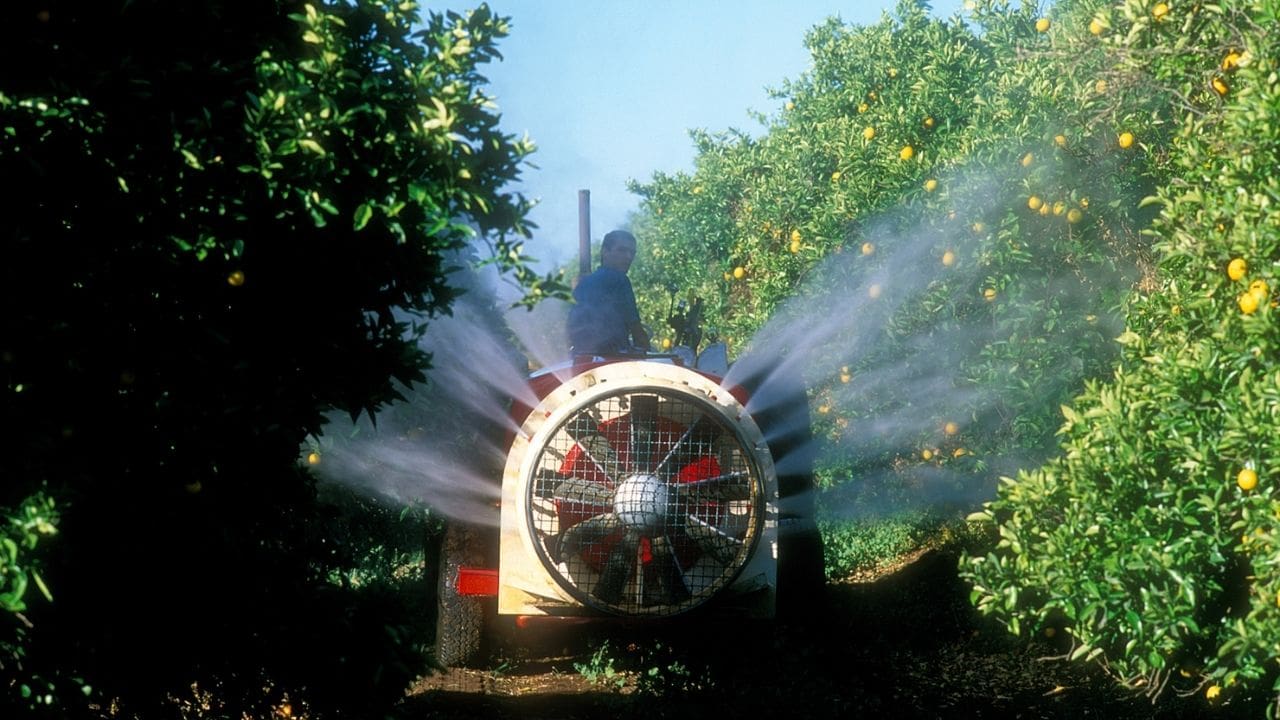

Key Takeaways
- Composting, green manures, mulch, and organic fertilizers are all effective soil amendments that can enhance soil fertility for fruit trees.
- Nutrient release from composting and green manures enriches the soil and promotes beneficial soil organisms.
- Mulch helps retain moisture, suppresses weeds, and improves nutrient availability.
- Biochar and rock dust are valuable strategies for improving nutrient retention, soil structure, and overall soil health.
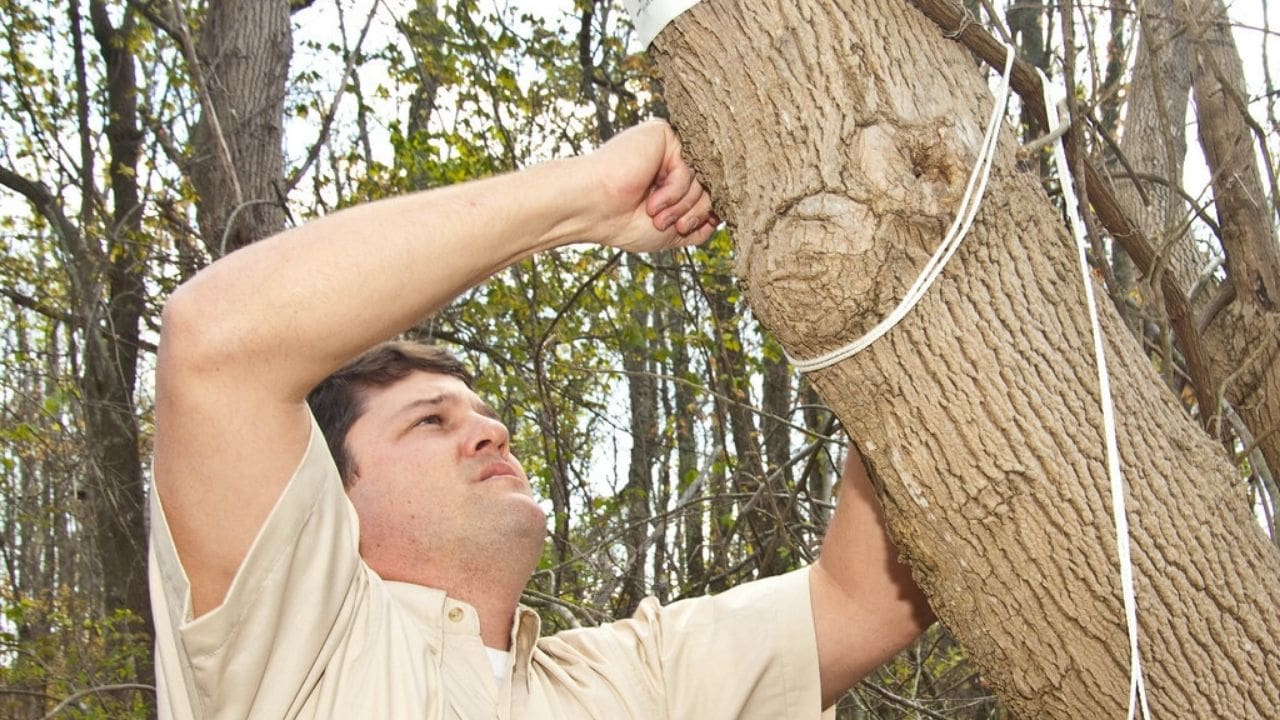

Composting
To improve soil fertility for fruit trees, start composting organic materials such as kitchen scraps, yard waste, and plant trimmings in a designated area or compost bin. Composting is a crucial step in enhancing soil fertility as it provides a nutrient-rich organic amendment for the soil. By breaking down organic matter, composting releases essential nutrients such as nitrogen, phosphorus, and potassium, which are vital for the healthy growth of fruit trees. Additionally, compost improves soil structure, enhances water retention, and promotes beneficial microbial activity, creating a balanced and fertile environment for fruit trees to thrive.
When composting organic materials, it’s important to maintain a proper balance of carbon-rich (brown) materials such as dry leaves and straw, and nitrogen-rich (green) materials like kitchen scraps and grass clippings. This balance ensures efficient decomposition and prevents unpleasant odors and potential safety hazards.
Furthermore, regularly turning the compost pile aerates the materials, promoting aerobic decomposition and reducing the risk of anaerobic conditions, which can produce harmful pathogens.
Lastly, ensure that the compost pile reaches adequate temperatures to kill weed seeds and pathogens, contributing to a safer and more effective composting process.
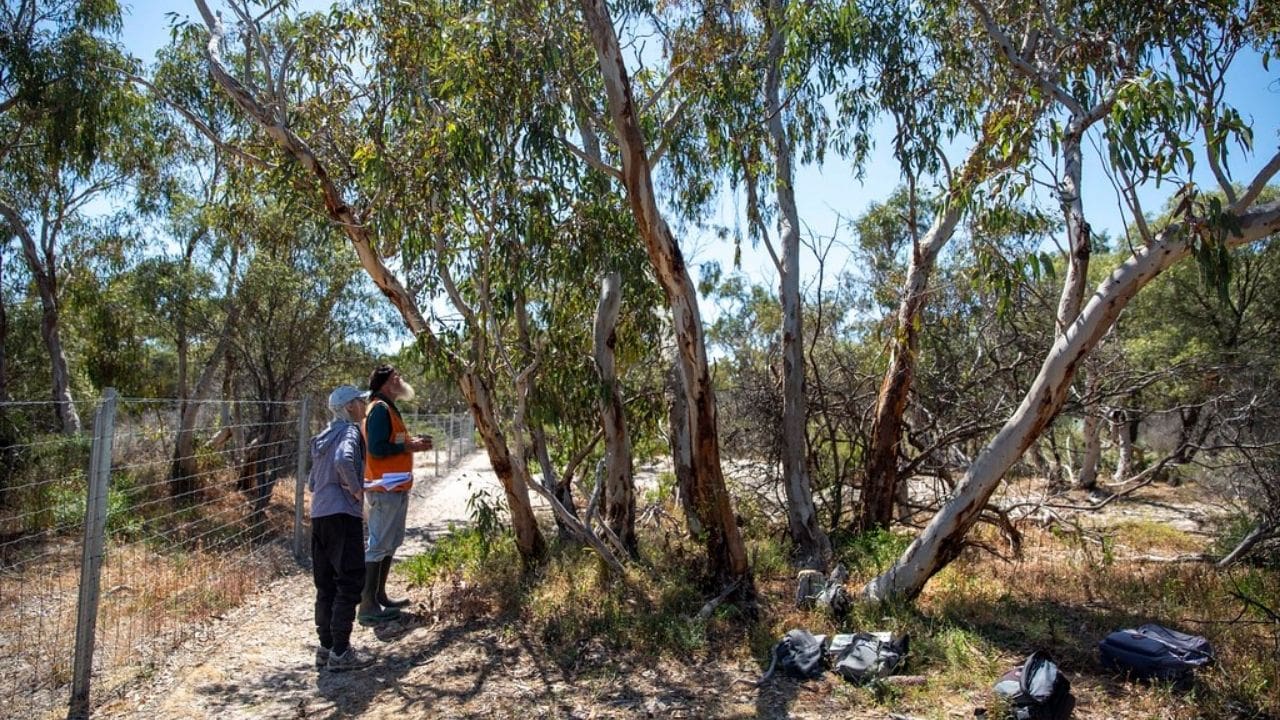

Green Manures
Green manures, also known as cover crops, play a vital role in enhancing soil fertility for fruit trees by adding organic matter and nutrients to the soil. These crops are grown specifically to improve soil health and structure. Leguminous cover crops, such as clover and vetch, are particularly beneficial as they have the ability to fix atmospheric nitrogen, enriching the soil with this essential nutrient. Additionally, cover crops like rye and buckwheat help prevent soil erosion, suppress weeds, and enhance soil water retention.
When green manures are incorporated into the soil, they decompose, releasing valuable nutrients and organic matter. This decomposition process not only enriches the soil but also promotes a healthy environment for beneficial soil organisms. The incorporation of green manures also aids in improving soil structure, promoting better aeration and water infiltration, which are crucial for the healthy growth of fruit trees.
It’s important to select cover crops that are well-suited to the specific needs of fruit trees and the local climate. Proper management of green manures, including timely incorporation into the soil, is essential to maximize their benefits without causing competition for nutrients with the fruit trees.


Mulching
To enhance soil fertility for your fruit trees, consider the benefits of mulching.
Mulch helps retain moisture, suppress weeds, and improve soil structure, creating optimal conditions for tree growth.
When applying mulch, ensure proper depth and spacing to maximize its effectiveness.
Mulch Benefits
Applying mulch around fruit trees can significantly improve soil moisture retention and nutrient availability, ultimately enhancing tree growth and fruit production. Mulch benefits include:
- Moisture Retention: Mulch acts as a barrier, reducing water evaporation from the soil and ensuring consistent moisture levels for the fruit trees.
- Nutrient Availability: Organic mulches gradually decompose, enriching the soil with essential nutrients that are vital for the healthy growth of fruit trees.
- Weed Suppression: A layer of mulch inhibits weed growth, preventing competition for nutrients and reducing the need for harmful herbicides.
These benefits not only promote the overall health of the fruit trees but also create a safer environment by minimizing the need for chemical interventions.
Mulch Application
Enhancing soil fertility through mulch application is a crucial practice for optimizing fruit tree growth and productivity. When applying mulch around fruit trees, ensure that it’s spread evenly in a 3-4 inch layer, starting from a few inches away from the tree trunk and extending outwards to the drip line.
This helps to conserve soil moisture, suppress weed growth, and regulate soil temperature, all of which contribute to improved soil fertility. Use organic mulches such as wood chips, straw, or compost, as they gradually decompose, enriching the soil with essential nutrients. Avoid piling mulch directly against the tree trunk to prevent rot and disease.
Regularly replenish mulch to maintain its beneficial effects and consider using mulch with a balanced carbon-to-nitrogen ratio for optimal microbial activity and nutrient release.
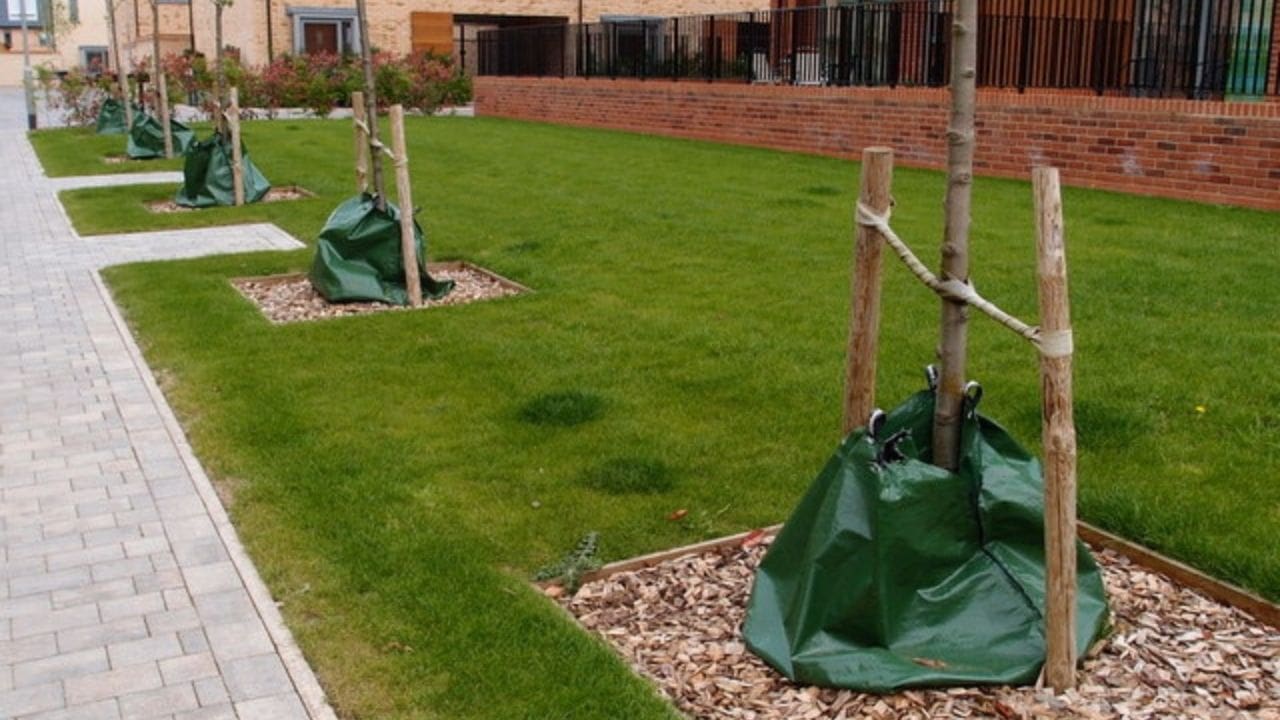

Cover Crops
Regularly incorporating cover crops into your orchard management plan can significantly improve soil fertility and promote the overall health and productivity of your fruit trees. Cover crops play a crucial role in enhancing soil structure, increasing organic matter content, and providing essential nutrients to fruit trees.
Consider the following benefits of cover crops:
- Weed suppression: Cover crops act as a natural weed suppressor, reducing competition for water, nutrients, and sunlight, thus aiding in the healthy growth of fruit trees.
- Nutrient cycling: Certain cover crops, such as legumes, help fix atmospheric nitrogen into the soil, enriching it with this vital nutrient and reducing the need for synthetic fertilizers.
- Erosion control: The root systems of cover crops help prevent soil erosion, especially on sloped orchard terrains, safeguarding the integrity of the soil and minimizing the risk of nutrient runoff.
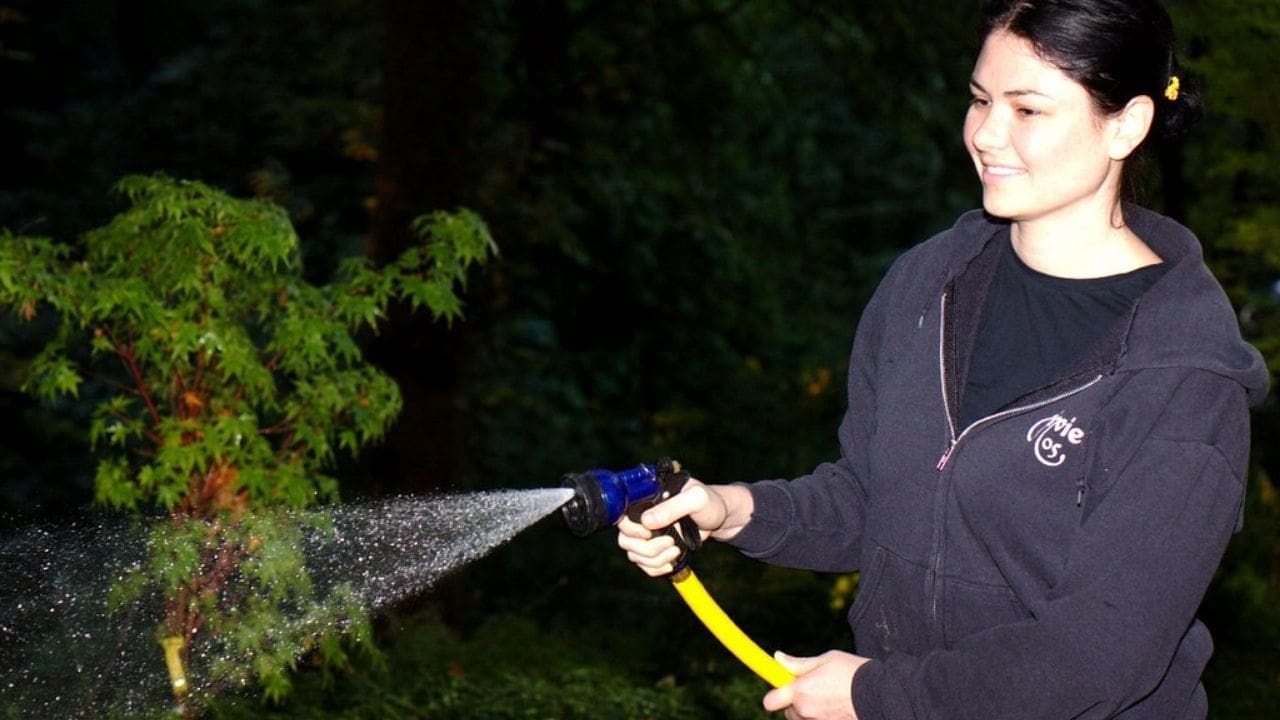

Organic Fertilizers
To optimize soil fertility and support the health of your fruit trees, the incorporation of organic fertilizers is a critical aspect of your orchard management strategy. Organic fertilizers, derived from natural sources such as compost, manure, and plant residues, offer numerous benefits to your fruit trees and the environment.
These fertilizers provide essential nutrients like nitrogen, phosphorus, and potassium, promoting healthy growth and fruit production while improving soil structure and microbial activity.
One of the key advantages of organic fertilizers is their ability to release nutrients slowly over time, reducing the risk of nutrient leaching and minimizing the potential for nutrient runoff into water sources. This gradual nutrient release also helps to avoid the risk of fertilizer burn, a common concern with synthetic fertilizers.
Additionally, organic fertilizers contribute to the long-term improvement of soil fertility by enhancing its organic matter content and supporting beneficial soil organisms.
When using organic fertilizers, it’s important to source high-quality products to ensure their safety and effectiveness. Look for certifications such as the USDA Organic label to guarantee that the fertilizers meet organic standards and don’t contain harmful chemicals or contaminants.
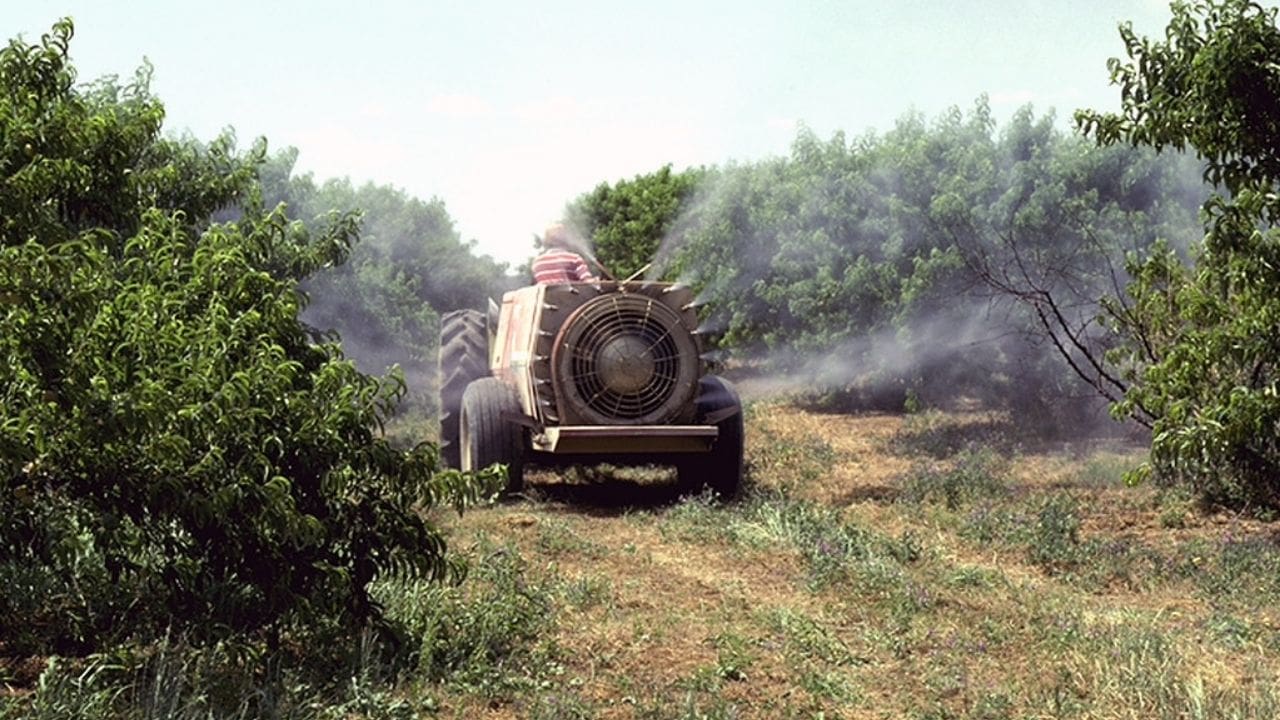

Mycorrhizal Fungi
Incorporating mycorrhizal fungi into your orchard’s soil management regimen can significantly enhance the nutrient uptake and overall health of your fruit trees. Mycorrhizal fungi form a symbiotic relationship with the roots of fruit trees, extending the reach of the tree’s roots and increasing their ability to absorb water and nutrients from the soil. This can lead to improved resistance to diseases and environmental stressors, ultimately resulting in healthier and more productive fruit trees.
Mycorrhizal Fungi Benefits:
- Nutrient Uptake: Mycorrhizal fungi increase the surface area of the tree’s root system, enhancing the absorption of essential nutrients such as phosphorus and nitrogen.
- Disease Resistance: The presence of mycorrhizal fungi can bolster the tree’s natural defenses against soil-borne pathogens, reducing the risk of diseases that can impact fruit quality.
- Environmental Resilience: By improving the tree’s ability to withstand drought and other environmental stressors, mycorrhizal fungi contribute to the overall resilience of your orchard.
Introducing mycorrhizal fungi to your orchard’s soil can be a safe and effective way to promote the long-term health and productivity of your fruit trees.
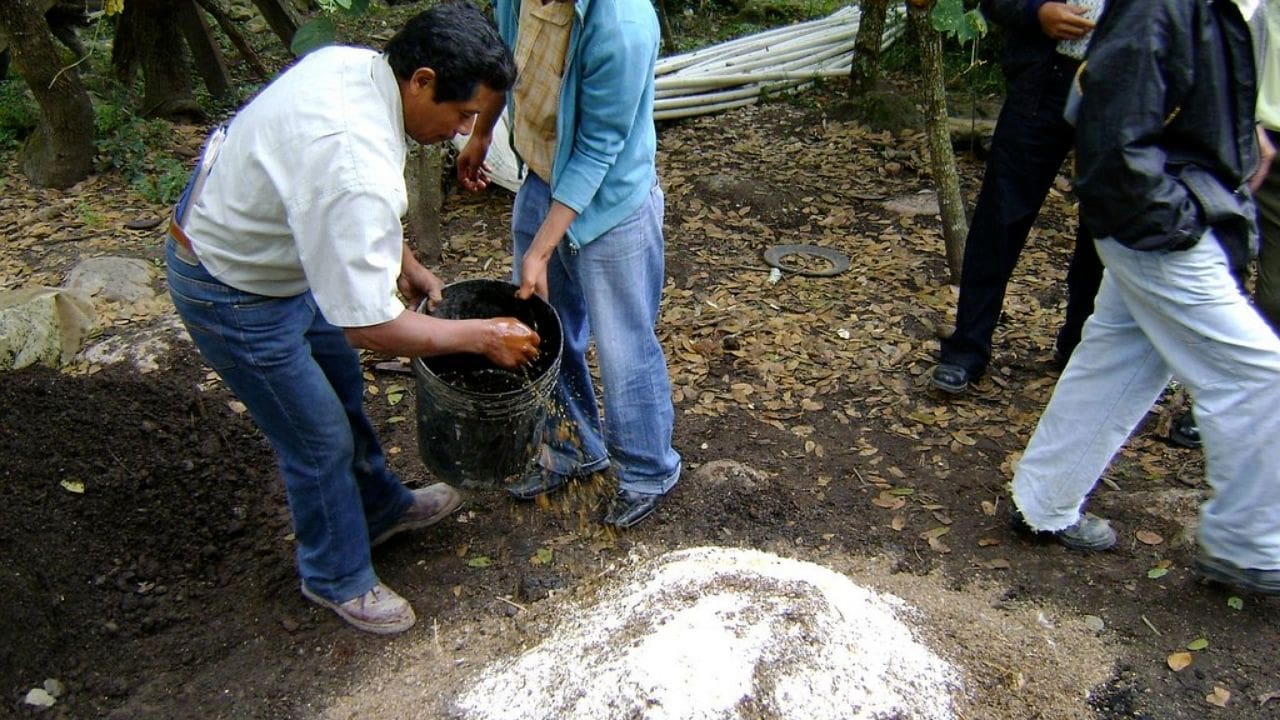

Biochar
When considering soil fertility enhancement for fruit trees, utilizing biochar can be a valuable strategy for improving nutrient retention and overall soil health. Biochar, a form of charcoal produced from organic material, has a porous structure that provides an ideal habitat for beneficial microorganisms and helps retain water and essential nutrients in the soil. When applying biochar to your orchard, it’s crucial to select a high-quality product that has been properly produced to avoid any potential contaminants or toxins. Look for biochar that has been produced at high temperatures in a controlled environment to ensure its safety and effectiveness.
Before incorporating biochar into your orchard, it’s essential to conduct soil tests to determine the current nutrient levels and pH balance. This will help you determine the appropriate amount of biochar needed and any additional amendments required for optimal soil health. When applying biochar, ensure it’s well mixed into the soil to maximize its benefits.
Additionally, consider using biochar in combination with organic fertilizers to further enhance its positive impact on soil fertility for your fruit trees.
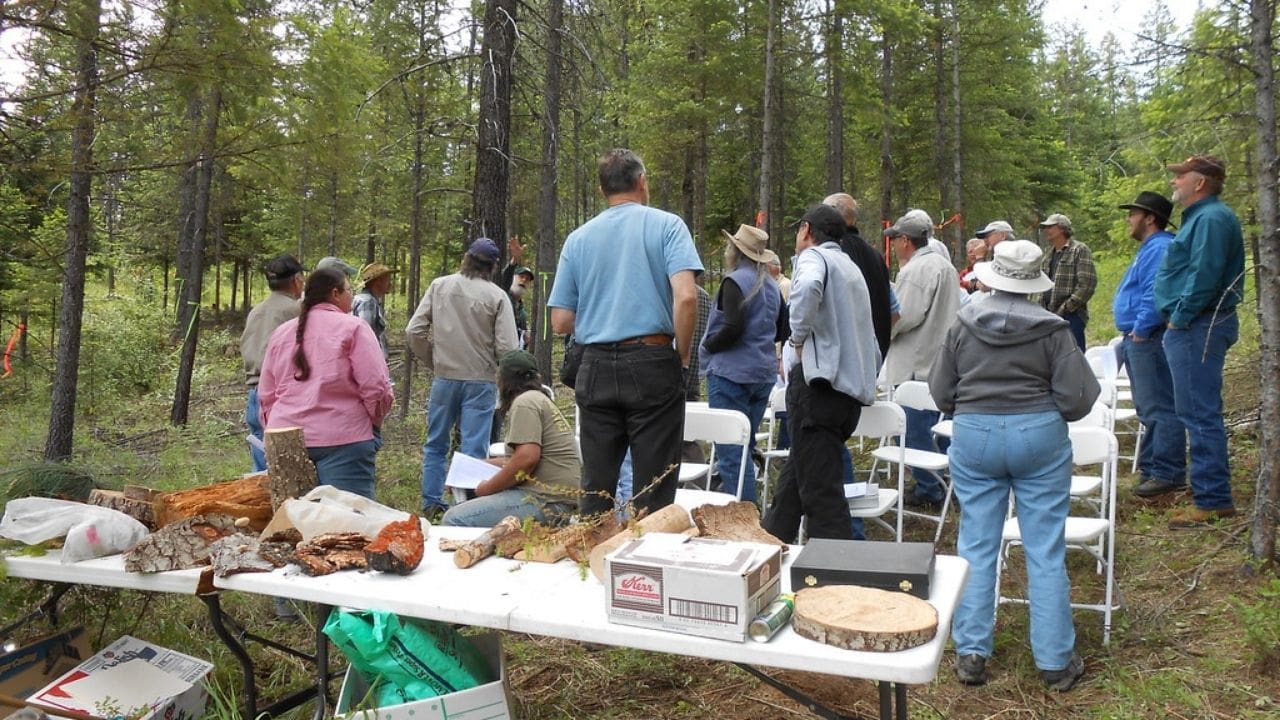

Worm Castings
You can enhance soil fertility and promote healthy fruit tree growth by utilizing worm castings, a natural and nutrient-rich soil amendment. Worm castings, also known as vermicast, are an excellent organic fertilizer that provides numerous benefits for your fruit trees.
Here’s why you should consider incorporating worm castings into your soil management plan:
- Nutrient-Rich: Worm castings are packed with essential nutrients such as nitrogen, phosphorus, potassium, and micronutrients, which are vital for the healthy growth and development of fruit trees.
- Soil Structure Improvement: These castings help improve soil structure, allowing for better aeration, water retention, and root development, which are crucial for the overall health of your fruit trees.
- Natural Pest Control: Worm castings contain beneficial microbes and enzymes that can help suppress certain soil-borne diseases and pests, promoting a safer environment for your fruit trees without the use of harmful chemicals.
Incorporating worm castings into your soil not only enhances fertility but also contributes to a safer and healthier environment for your fruit trees, promoting sustainable and natural fruit production.


Rock Dust
You’ll be pleased to learn that rock dust can significantly enhance soil fertility for fruit trees.
Research has shown that rock dust can provide essential minerals and trace elements that are vital for the healthy growth of fruit trees.
The application of rock dust is a simple and effective way to improve soil quality and promote the overall health and productivity of fruit trees.
Benefits of Rock Dust
Rock dust is a valuable soil amendment that enhances soil fertility and provides essential minerals for fruit trees. When used in your orchard, rock dust offers several benefits:
- Enhances soil structure, promoting better drainage and aeration.
- Provides a slow release of essential nutrients, supporting long-term tree health.
- Helps to balance pH levels, creating an optimal environment for nutrient uptake.
Incorporating rock dust into your orchard management plan can improve soil quality, resulting in healthier and more productive fruit trees.
When applying rock dust, ensure proper safety measures such as wearing a mask to avoid inhaling the fine particles. Always follow manufacturer guidelines for application to prevent overuse and potential negative impacts on soil health.
Application of Rock Dust
When incorporating rock dust into your orchard management plan, it’s essential to follow precise application guidelines to optimize soil fertility and promote the long-term health of fruit trees.
Begin by conducting a soil test to determine the current pH level and nutrient content. Based on the results, apply rock dust at a rate of 50-100 pounds per 1,000 square feet, ensuring even distribution across the orchard. It’s crucial to avoid excessive application, as this can lead to nutrient imbalances and potential harm to the trees.
Consider using a spreader to achieve uniform coverage. Incorporate the rock dust into the topsoil, either by tilling or watering it in thoroughly. Always wear appropriate personal protective equipment, such as gloves and a mask, when handling rock dust to ensure safety.
Following these guidelines will maximize the benefits of rock dust while maintaining a safe environment for your fruit trees.
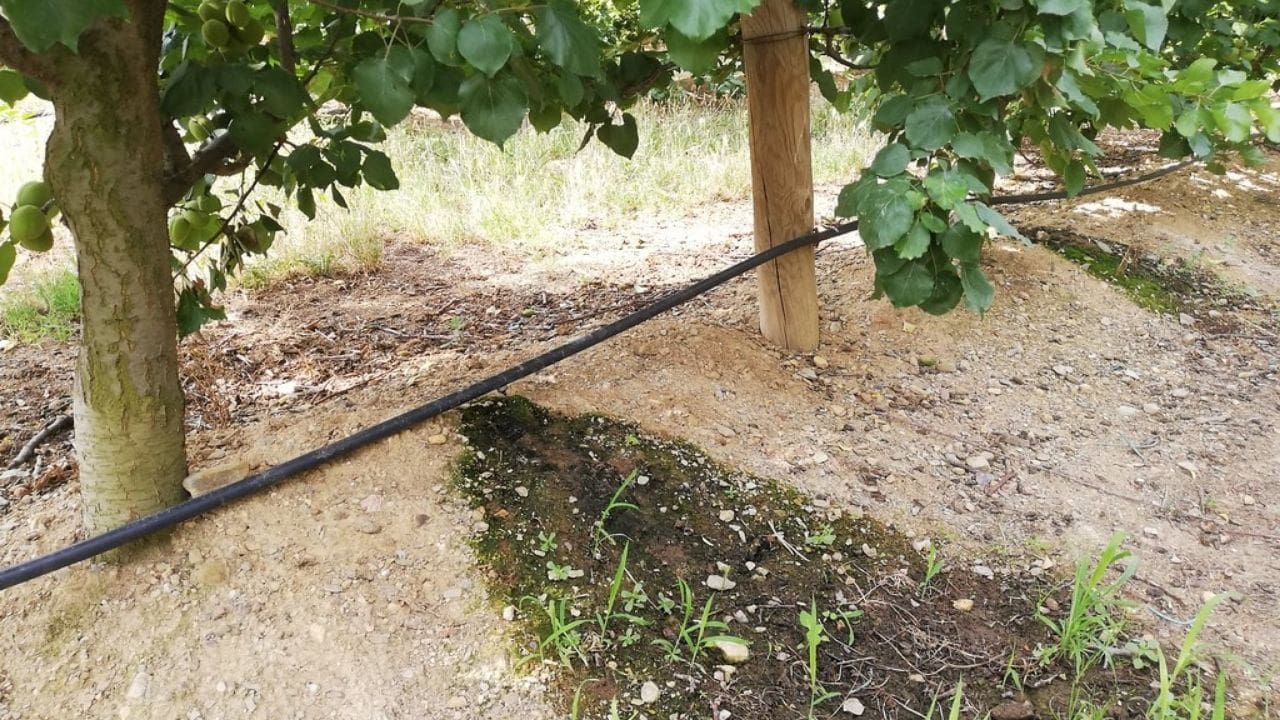

Foliar Feeding
Using a balanced foliar fertilizer can provide essential nutrients directly to the leaves of fruit trees, enhancing their overall health and productivity. Foliar feeding is a valuable technique that allows for the rapid uptake of nutrients by the tree, especially during critical growth stages.
When using foliar fertilizers, it’s important to follow safety guidelines to ensure proper application and to avoid any potential harm to the tree or the environment. Here are some key points to consider:
- Use a low-pressure sprayer to apply the foliar fertilizer evenly on the leaves.
- Apply the foliar fertilizer during the cooler parts of the day to prevent potential leaf burn.
- Always follow the manufacturer’s instructions for dilution rates and application frequency to prevent over-fertilization.
Foliar feeding should be used in conjunction with a well-balanced soil fertility program to optimize the overall health and productivity of fruit trees. When done correctly, foliar feeding can provide a quick and efficient way to supplement essential nutrients, promote healthy growth, and improve fruit quality while minimizing the risk of nutrient leaching and runoff.
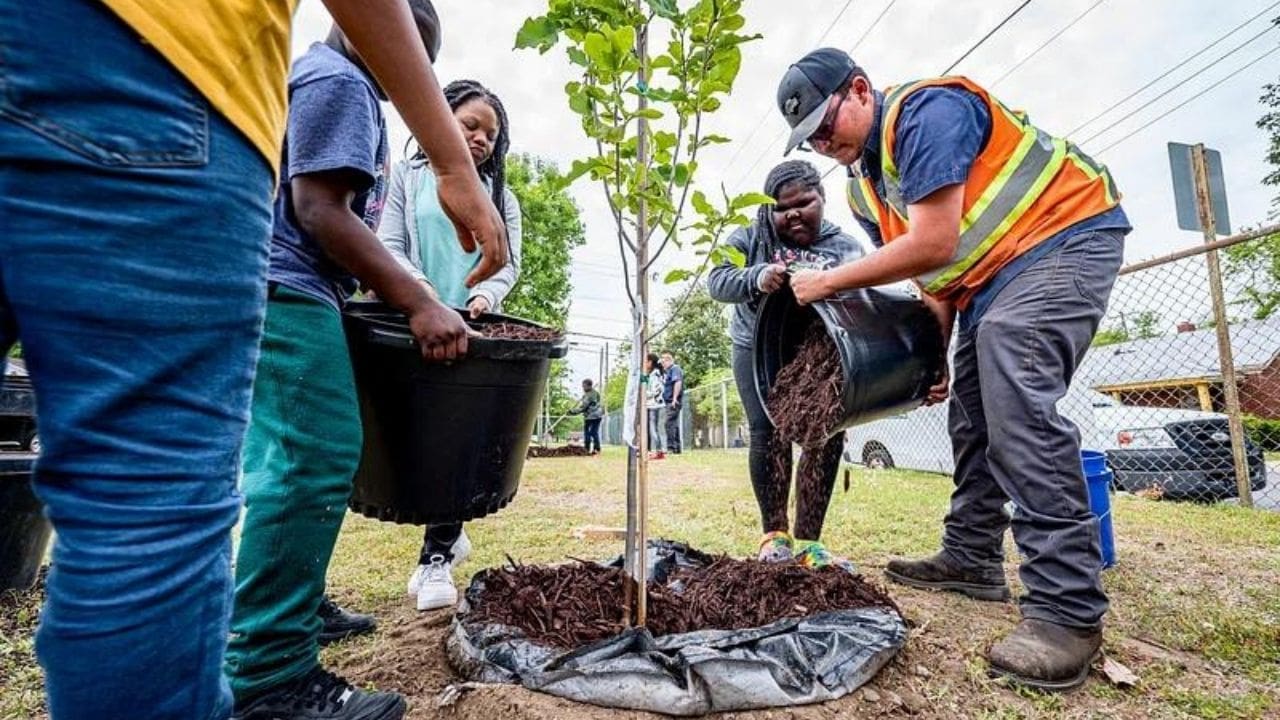

Frequently Asked Questions
How Can I Test the Soil Fertility in My Fruit Tree Orchard?
You can test soil fertility in your fruit tree orchard by conducting a soil test. Collect soil samples, send them to a reputable lab for analysis, and follow their recommendations for adjusting nutrient levels to optimize fertility.
What Are Some Common Mistakes People Make When Using Organic Fertilizers on Fruit Trees?
When using organic fertilizers on fruit trees, avoid the mistake of overapplication, which can harm the trees. Follow recommended dosages and understand the nutrient needs of your specific fruit trees to ensure healthy growth and abundant harvests.
Are There Any Specific Cover Crops That Are Particularly Beneficial for Fruit Tree Soil Fertility?
Yes, specific cover crops like clover, vetch, and alfalfa are beneficial for fruit tree soil fertility. They fix nitrogen, suppress weeds, and improve soil structure. Consider incorporating these into your orchard for enhanced fertility.
How Can I Incorporate Mycorrhizal Fungi Into My Fruit Tree Orchard?
To incorporate mycorrhizal fungi into your fruit tree orchard, apply a mycorrhizal inoculant to the tree roots during planting. This beneficial fungus forms a symbiotic relationship with the roots, enhancing nutrient uptake and overall tree health.
Can Foliar Feeding Be Used as a Primary Method of Enhancing Soil Fertility for Fruit Trees?
Yes, foliar feeding can be used to enhance soil fertility for fruit trees. It involves applying nutrients directly to the leaves, which can supplement soil fertility. However, it should not be the sole method as it may not address underlying soil deficiencies.


Hello there! I’m Logan Foster, the green-thumbed social media marketer behind the vibrant world of 1800TreeGuy.com. With roots firmly planted in arboriculture, I’ve branched out to help clients cultivate their dream outdoor spaces, one leafy canopy at a time. My knack for nurturing nature is more than a profession—it’s a way of life.
When I’m not talking trees and teaching the art of arboreal care, you can find me cheering on the Bulldogs—my alma mater’s pride and my forever team. My environmental studies there didn’t just teach me about ecosystems; they instilled a lifelong passion for protecting our planet.
Off the clock, I’m an adventurer at heart. Whether it’s trekking the Appalachian trails, pedaling down a mountain path, or crafting guides to share the wonders of the wild, I’m happiest with soil under my nails and the sun on my face. And let’s not forget Yoda, my pug sidekick. He may not have mastered the art of stillness, but his joyful grins are my daily dose of happiness.
I’m all about making connections—between people and the great outdoors and between my clients and their ideal landscape visions. My approach is personal; every tree has a story, and every garden reflects its caretaker.
If you want to green your scene or share in my outdoor escapades, give me a shout on Instagram or Facebook. Let’s cultivate a conversation and grow a community rooted in a love for the lush life.















